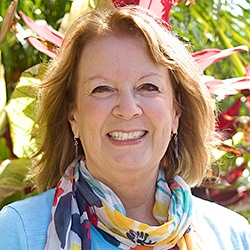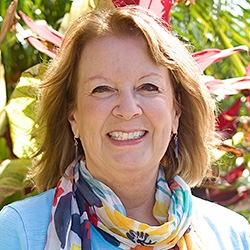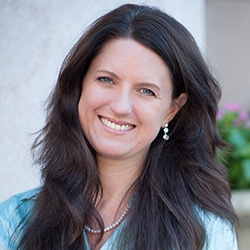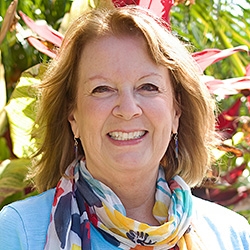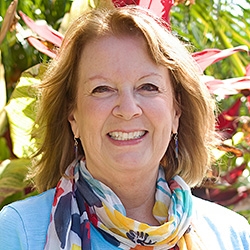

Search Results: needs
-
Learn how clarifying the needs behind ‘shoulds’ can ease conflict, grief, and family challenges.
-
If we’re selfish, all we care about is our own needs. If we’re selfless, our needs don’t enter the picture; others needs are the focus. But what if serving others meets our needs? What if being only selfish ultimately results in our needs being unmet? Do you find yourself bouncing between being a selfless doormat and then resenting it, and beating yourself up for being “selfish”? Instead, care about others’ needs AND your needs.
-
Use this exercise to stay in dialogue and connect to needs while facing a “no”. Identify a situation where you have low confidence that you'll get your needs met, and it'll be hard hearing a “no” to your request. Explore your response to the “no” by working with feelings, needs, request and alternate strategies. Thus you can work towards meeting your needs while also releasing the idea that your needs “have to” be met.
-
Explore Self-Empathy with a unique four-step process ending in gratitude.
-
Trainer Tip: Every single time you say or do something, even when you experience pain or regret, you are trying to meet a need. Forgiveness begins when we acknowledge the needs we were trying to meet in the situation.
-
Trainer Tip: Taking time to mourn our regrets and unmet needs can lead to a deeper self-connection and feelings of peace.
-
Nonviolent Communication includes a practice of empathy that involves listening for feelings and needs no matter how someone expresses themselves, and reflecting back the feelings and needs when it is helpful to do so. You can reflect back in a traditional NVC manner, or in a more creative way, with metaphors.
-
Fear can show up as a thought or feeling. When we think and dwell on fear and get stuck, fear becomes our worst enemy. For a healthier approach, discover what brings up the emotion of fear by looking for the unmet need behind it. Next, identify the stimulus for the fear. Then satisfy the need(s) with suitable strategies. You can also reassure yourself based on the truth, evidence, and facts. Or ask a friend for support.
-
Embody NVC consciousness and live each day in the fullness of compassion.
-
Yvette Erasmus shares that we can translate or shift how we hear right and wrong language. We can use the cue - What is needed? I wonder what they are needing? This helps direct my attention to more relationality.
-
Blend science, emotional intelligence across species, and NVC to foster belonging and wholeness.
-
Let go of control and tune in to your child’s needs in everyday parenting.
-
- Explore the complexities of how we can care for all of life using NVC
- See the role that power plays in relation to observations, feelings, needs, and requests
- Learn how to support people from many backgrounds in being able to apply NVC
- Discern how to engage with these vast topics as we learn and share NVC
-
The human species is trained and habituated towards separation. This model encourages humans to either give up on their needs or fight for their needs. In this short video, Miki shares how increasing capacity shifts habits of separation and supports holding of all needs.
-
Fear in dealing with a neighbor's 'wastebasket talk.' Only leaving or interrupting stops the flow.
-
Why is it so difficult to change our patterns even when we want to, even when we experience shame or despair about them? Arnina Kashtan offers some of the common pitfalls and concrete steps to overcome them in the future.
-
- Support family, community, and organizations to realign with life
- Get the building blocks of integrative decisions that work for all
- Learn to lean on all available capacities to dance together for liberation
- Reweave the threads of togetherness into something stronger than individual existence
-
Trainer Tip: Mary shares how staying present to our anger and finding the underlying feelings and needs can lead to deeper connection and more satisfying outcomes.
-
Exploring why “to be” verbs like heard or valued are seen as strategies, not needs, in NVC.
-
Experience NVC consciousness through exercises as if attending a live workshop with Mary.

Quick Links
Subscription Preferences
Stay In Touch!
Looking for ways to keep up with NVC Academy news, get special offers, free resources, or words of inspiration? Here are five ways to stay engaged:





